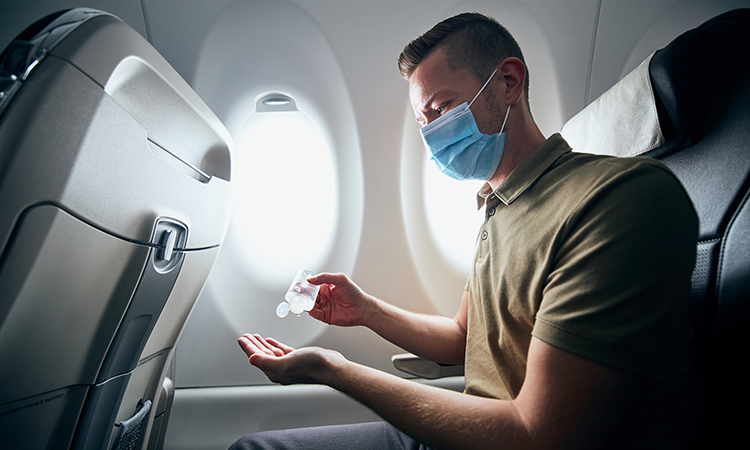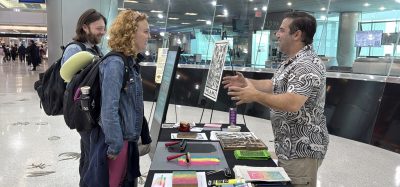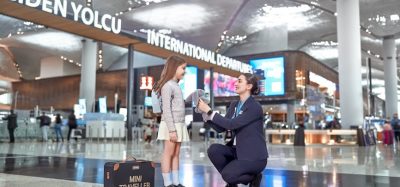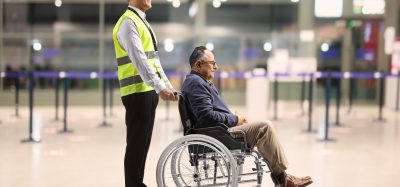FSF analysis deems air travel to have very low levels of COVID-19 transmission
Posted: 8 October 2020 | International Airport Review | No comments yet
The analysis undertaken by FSF outlined that the aviation industry’s efforts to protect health safety have succeeded in greatly reducing the possibility of COVID-19 transmission.


After a six-month analysis of the air travel industry’s response to the coronavirus pandemic, the Flight Safety Foundation (FSF) has concluded that the industry’s efforts have succeeded in greatly reducing the possibility of transmission in airports and on aircraft.
President and CEO of the Flight Safety Foundation, Dr. Hassan Shahidi, said: “The latest evidence shows that aircraft and airports have very low levels of transmission. With the health and safety measures that airlines, airports and security personnel have now put in place, the risk of contracting this virus appears extraordinarily low, much lower than in other public places. Given these extraordinary measures, the travelling public should have increased confidence that it’s safe to fly.”
Captain Conor Nolan, Chairman of the Flight Safety Foundation’s Board of Governors and Director of Safety and Security at Aer Lingus, said that FSF has called for governments to help get passengers moving again by “replacing haphazard, restrictive international travel bans and blanket quarantines with better, smarter measures that are more uniform and focused on preventing spread of the virus through reliable testing.”
“We now have disjointed testing rules, indiscriminate bans and confusing quarantine rules that discourage passengers from making travel plans. Governments and industry need to coalesce around universally accepted testing standards to identify and prevent the spread of the virus until we get a vaccine,” added Nolan.
FSF’s analysis of data from leading public health authorities, industry participants and its own expert medical consultants attributed the low incidence of COVID-19 in international air travel to robust cleaning and sanitisation measures, as well as vigilance and strict adherence to rigorous social distancing guidance.
Airlines and airports have implemented sweeping changes to enhance health safety, including:
- Improved cleaning and disinfection procedures and technologies
- New socially-distant boarding and deplaning procedures
- Enhanced training and virus testing for employees
- Personal protective equipment (PPE) requirements, such as face coverings
- Contactless check-in and other processes at every stage of the passenger experience
- International airport health accreditation programmes.
The Flight Safety Foundation noted that modern passenger aircraft design has played an important role in protecting the public from health risks of the coronavirus. Nearly all modern aircraft feature frequent cabin air changes and advanced high-efficiency particulate air (HEPA) filtering systems that can eliminate particles far smaller than the coronavirus. HEPA filters are the same technology used to keep operating rooms and industrial clean rooms safe.
“When procedures are followed, there is very little risk of virus transmission,” said Shahidi.
Join our free webinar: Beyond silos: How ecosystem thinking elevates the airport experience
In today’s complex aviation landscape, airports are moving beyond siloed operations to embrace a new era of collaboration. This webinar focuses on how leading airports are using ecosystem thinking to adapt, personalize, and continuously improve every touchpoint, boosting both passenger satisfaction and non-aeronautical revenue.
Date: 13 Nov | Time: 10:00 GMT
REGISTER NOW TO SECURE YOUR SPOT
Can’t attend live? No worries – register to receive the recording post-event.
Related topics
Aircraft, Airport crisis management, Airside operations, COVID-19, Passenger experience and seamless travel, Safety, Terminal operations


















